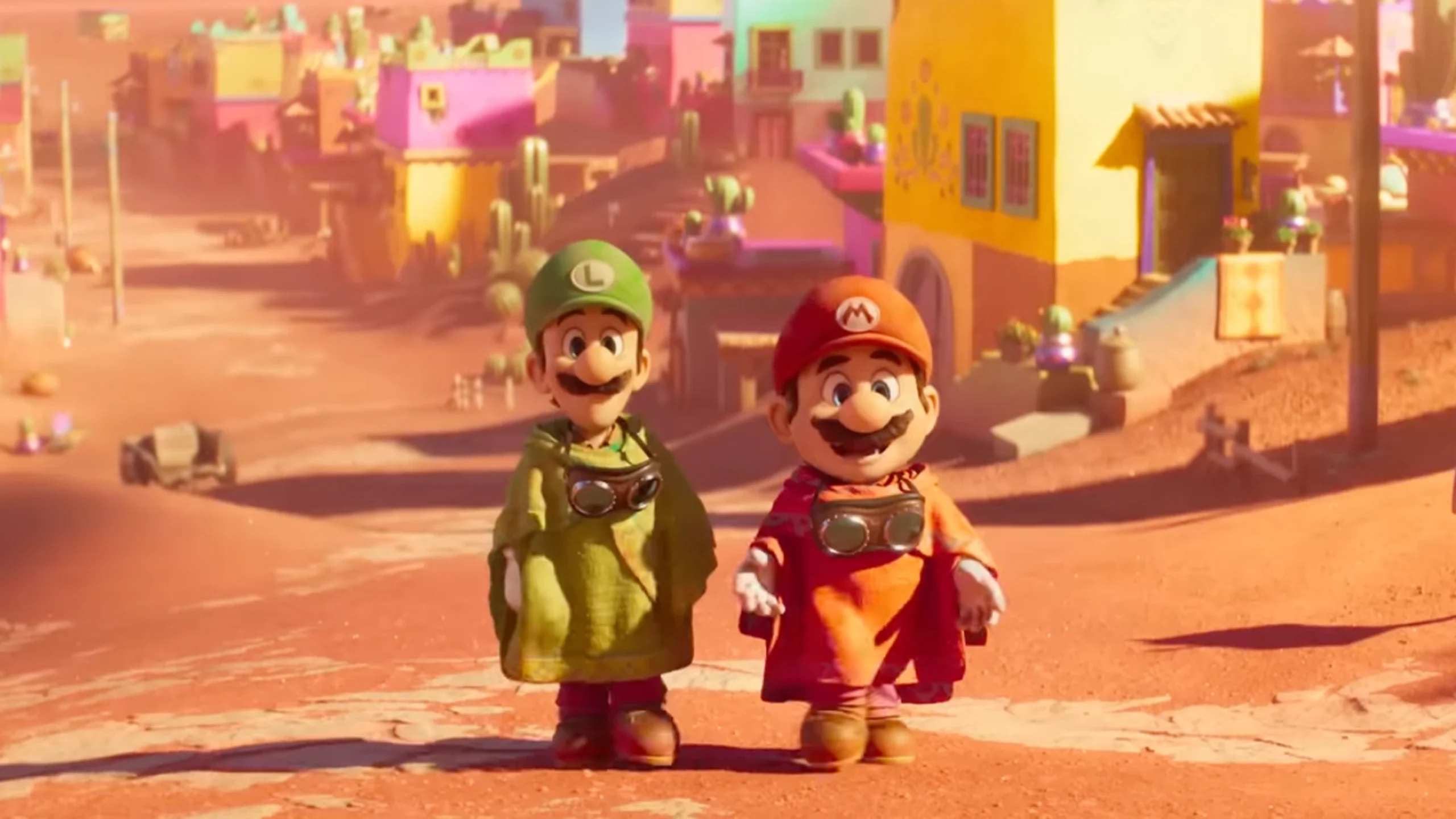Revisiting the Classics: Why Nostalgic Stories Still Resonate
Fairytales, old fiction, and old stories — here’s why we and our kids should revisit classic stories
Sure, they’re not the most exciting thing to read today. But classic stories are products of their time: they’re little windows into eras that many of us only heard about. And in a lot of cases, these classic books still have lessons that resonate and are important today. In fact, a lot of today’s stories are most likely plays or twists on the classics!
Why else should we revisit classic stories? Here’s why:

1. They inspire imaginations
Ever wonder why we came up with such wild stories as kids? It’s because of all the fairytales we’ve read! From Snow White, Sleeping Beauty, Alice in Wonderland, and many more, our imaginations grew with the many classic fairytales because our brains discovered certain things were “possible.” Even if the magic was only confined to the pages of a book.
And if we look closely, the magic still lives! It’s why we’re able to creatively solve problems or appreciate stories. Some of us even began to write our own stories because we were inspired by the writers!
2. It encouraged “reading between the lines”
Nowadays, when the world calls for a more sensitive way of speaking, those who read classic stories had an easier time adjusting because they had a bigger vocabulary and learned to look for clues (or easter eggs) that depicted a certain mood. Darkening of the sky, the pursing of someone’s lips, the glassy-eyed look — those who read the classic stories become more vigilant of these mannerisms and signs, making them better conversationalists.
3. Classic stories tackled deeper human themes
We’re always wondering how we can encourage our kids to think more critically. And while certain teaching styles and learning tools have fallen short, classic stories have not! A lot of these had deeper moral themes, making readers question as they followed the characters’ development. Some villains were written to be simply evil. But some are just so complex that we couldn’t help but engage in a moral debate about them.
While it may seem silly since these are just “fictional characters,” it’s still an exercise for the brain. Tackling metaphysics and what-if situations always encourages critical thinking.
4. It’s a window to someone’s life story
Classic stories, though many are fictional, can still be based on real-life instances. Jack London’s Call of the Wild was based on a true story: his experiences in the Yukon with a dog named Buck!
No matter how fantastic or magic-laden something is, all the events in the classics still have a real-life basis. Otherwise, how would an author be able to describe something so perfectly? It’s how J.R.R. Tolkien’s The Lord of the Rings became such a classic. As an author who lived through war, he was able to capture the image perfectly, especially during the famous siege of Helm’s Deep.
It’s why the late Christopher Lee also did a fantastic job in acting. He read a lot, and when he did his movies, he would cite his own experiences. Especially ones from World War II.
5. Some of its lessons are still important today.
“Don’t talk to strangers.”
“Don’t take anything from a stranger.”
It’s easy for us to tell our kids that, but it usually goes in one ear and out the other. Since kids learn visually most of the time, the best way to explain this is through stories. “Don’t take anything from a stranger?” — that’s from Snow White after she gets the apple from the witch queen, disguised as an old hag. “Believe in the impossible.” — from Alice in Wonderland! Whoever heard of a laughing cat?
Sure, some instances written in these classics may not be acceptable by today’s moral standards. But that’s the thing: they’re a product of their time. Other than the language used to write it, these classic stories can’t be held to the exact same standards.

Luckily, some of these classic stories are being reprinted!
A lot of us probably scoffed at the classics, not because they were boring, but because there was a grade attached to them. Most of us probably read the classics as a book report, and nothing robs the love of reading than knowing that there’s going to be a quiz or a long test about it the next day. Also, it doesn’t help that usually, it was a majority vote on what the class wanted to read.
Sure, it was easier to grade for the teacher, but we have to admit: it’s probably why we don’t read as much anymore as adults. With no grade or anything to compel us, we just don’t. So instead, maybe let our kids be the reason why we should again. If we’re going to keep up with their stories, then we’d better start reading again!
Looking for books to read?
Books for Boys: Recommended Reads For Kids, Tweens, and Teens
4 Tips to Encourage Kids Read Books
Modern Parenting’s Tagalog Children’s Book Recommendations









